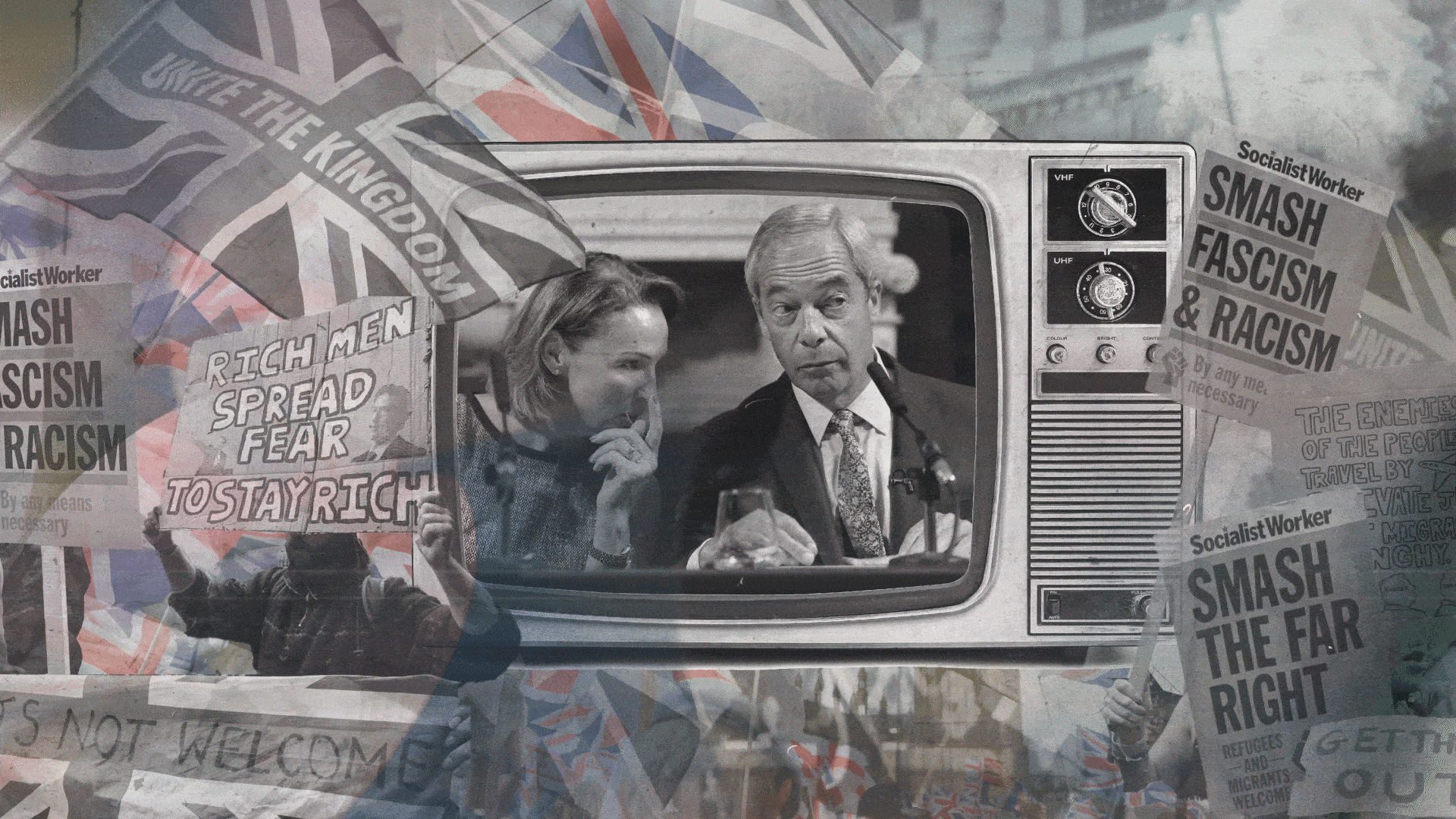Sarah Pochin’s Comments About ‘Adverts Full of Black and Asian People’ Reveal a Troubling Backlash Against Diversity
Reform MP Sarah Pochin’s remarks about diversity in advertising have sparked outrage—and raised questions about how rhetoric once confined to the political fringes is entering the mainstream.


When it comes to things that could drive an MP “mad”, TV adverts might not top the list. Yet, Reform UK MP Sarah Pochin told a caller on TalkTV, “It drives me mad when I see adverts full of black people, full of Asian people.”
Following a swift backlash, Pochin apologised, claiming her words were “poorly phrased” and saying her real concern was what she described as the advertising industry’s “DEI [diversity, equity and inclusion] madness.”
Even taking that at face value, her comments closely resemble themes that have been circulating within anti-immigration groups this year—particularly the idea that diversity itself threatens a supposedly “normal” Britain. It’s a narrative that mirrors debates in the United States, where some have linked similar rhetoric to the rollback of DEI initiatives.
“The only way we are going to defeat this racism is to call it out and confront it for what it is,” said Labour MP Wes Streeting, who also criticised Reform Party Leader Nigel Farage for his “deafening silence” on the controversy. Streeting wasn’t alone: MR Dawn Butler faced parliamentary censure after calling Pochin “a racist” during a heated exchange in the Commons.
A post shared by Dawn Butler (@dawnbutlerbrent)
A photo posted by on
Dr Emma Briant, an expert on propaganda, sees a worrying pattern: “Pochin’s arguments reflect a public discourse where ‘dog whistles’ to the far right have done their job—they’ve made way for explicit racism to be voiced boldly in public.” While researching her book Bad News for Refugees, Briant found that overt expressions of prejudice rise when politicians and media fail to challenge narratives “cloaked in moderate language but rooted in bias and falsehoods.” The consequences, she warns, are tangible: “rising tension, emboldened extremists, and more violence in British communities.”
Labour MP Zarah Sultana echoed that concern, writing on X: “This poisonous politics fuels far-right violence against minorities and migrants.”
A post shared by Zarah Sultana MP (@zarahsultanamp)
A photo posted by on
Pochin’s follow-up remarks, blaming the “woke liberati” and “arty-farty world” for sidelining “average white people,” prompted further criticism. Critics argue that such framing positions whiteness as the default and diversity as deviation—a theme often found in nationalist or anti-immigration rhetoric.
Celebrity news, beauty, fashion advice, and fascinating features, delivered straight to your inbox!
Professor Vian Bakir of Bangor University sees it as part of a larger shift. “Discussions of race in British politics can’t be separated from the relentless anti-immigration narrative pushed by Reform and the Conservatives to scapegoat minorities for economic and social failings.” She sees Pochin’s comments less as a dog whistle, "as that would suggest that she was using coded or suggestive language to garner support from a particular group without provoking opposition”, and more as “speaking from the heart”. This presents an even more frightening prospect: that we’ve reached a point where MPs feel they can make what MP Wes Streeting has condemned as “racist” statements in public spaces.
Reform UK has long been accused by commentators of echoing far-right talking points on immigration and national decline. When a front-bench MP uses language resembling themes associated with extremist rhetoric—intentionally or otherwise—it sends a powerful message.
Critics say that’s the real issue: not who appears in adverts, but how resentment toward diversity is becoming normalised in public debate. Each time such language enters mainstream politics, they argue, it legitimises prejudice and encourages others to repeat it. That, they warn, is where the true damage lies—not in the representation of diverse faces on our screens.

Mischa Anouk Smith is the News and Features Editor of Marie Claire UK.
From personal essays to purpose-driven stories, reported studies, and interviews with celebrities like Rosie Huntington-Whiteley and designers including Dries Van Noten, Mischa has been featured in publications such as Refinery29, Stylist and Dazed. Her work explores what it means to be a woman today and sits at the intersection of culture and style. In the spirit of eclecticism, she has also written about NFTs, mental health and the rise of AI bands.